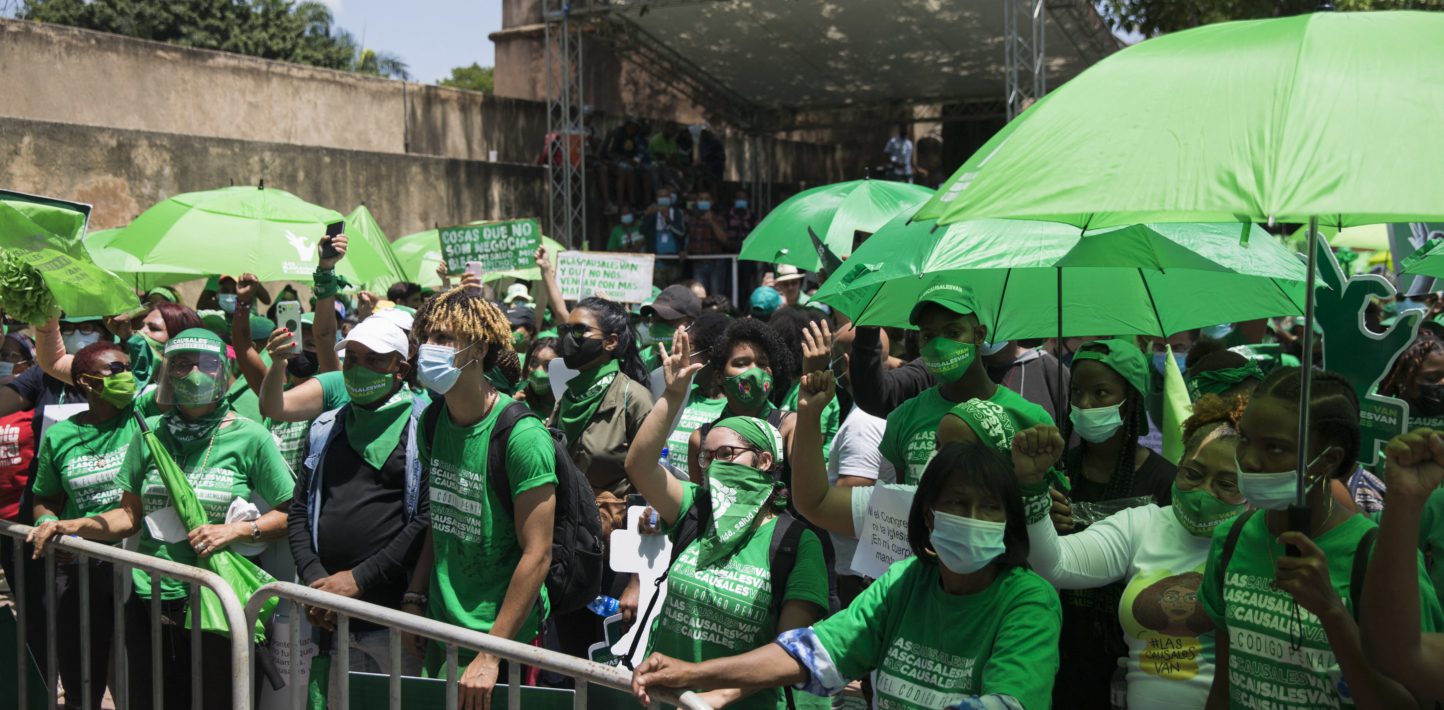In reaction to the results of the debate held today in the Chamber of Deputies on the decriminalization of abortion on three grounds in the Penal Code, Erika Guevara Rosas, Amnesty International’s director for the Americas, said:
With this vote, the majority of deputies in the Dominican Republic have demonstrated that the life and health of women and girls in the country are not part of their legislative priorities. We express our solidarity with the women and girls who continue to demand loudly that their lives and health be taken seriously by the authorities. The fight for their rights will not stop
Erika Guevara-Rosas, Americas Director at Amnesty International
“With this vote, the majority of deputies in the Dominican Republic have demonstrated that the life and health of women and girls in the country are not part of their legislative priorities. We express our solidarity with the women and girls who continue to demand loudly that their lives and health be taken seriously by the authorities. The fight for their rights will not stop.”
“Extensive scientific evidence shows that a total ban does not reduce abortion, but rather increases the risk that millions of women and girls in the Dominican Republic will die from illegal and unsafe abortions. We hope that the Senate and President Luis Abinader will exercise their leadership in the next phase and be able to settle this historic debt by approving the decriminalization of abortion on three grounds.”
Today, the Dominican Republic’s Chamber of Deputies voted against the decriminalization of abortion on three grounds in the Penal Code: when the pregnancy poses a risk to the life of the pregnant woman or girl, when the fetus cannot survive outside the uterus, and when the pregnancy is the result of rape or incest. Thus, the Dominican Republic remains one of the few countries in the region that condemns with criminal penalties any woman or girl who seeks to terminate a pregnancy.
In the Dominican Republic, the current total ban on abortion continues to cause the deaths of women and girls for preventable reasons. One such death was that of Rosaura Almonte, known to the media as “Esperancita”, who died in 2012 because she did not receive the chemotherapy that could have saved her life from the leukemia she was suffering from because she was seven weeks pregnant at the time and the treatment she needed would have affected the fetus.
The comprehensive reform of the Penal Code in the Dominican Republic has been underway for several years. With this vote, the Penal Code bill is now being debated in the Senate.
For more information or to arrange an interview, please contact Amnesty International press office: +44 (0) 20 7413 5566, [email protected]


